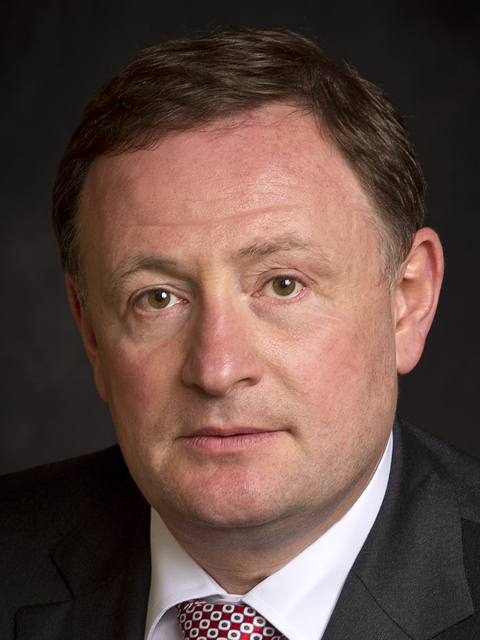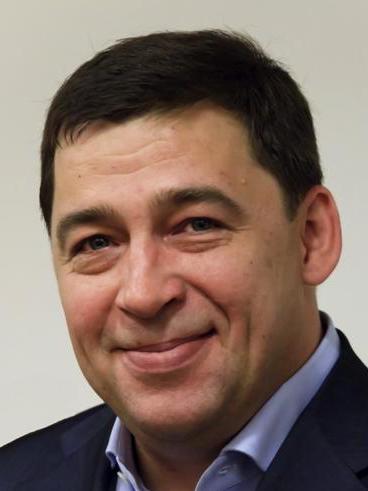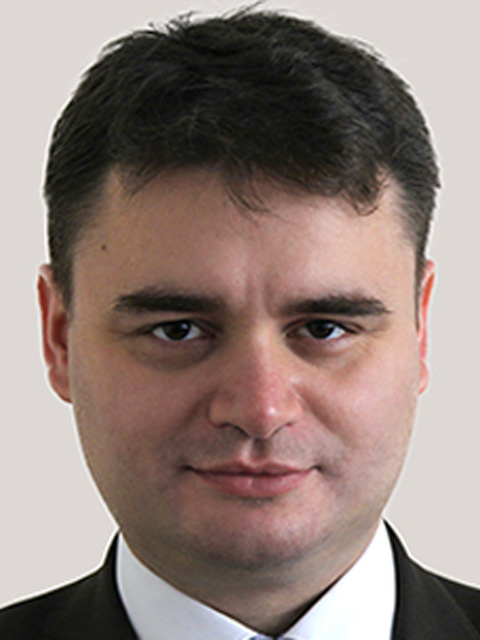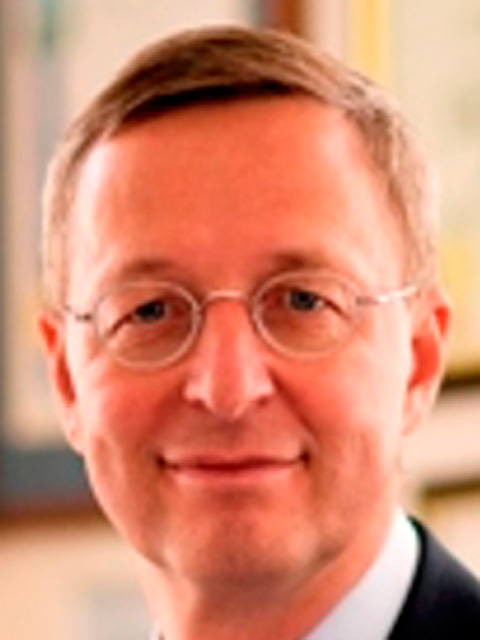Growing Productivity: A New Challenge for an Old System
Achieving high productivity against a background of accelerating technological development is a key challenge for many countries. Labour mobility and rapid adaptation of staff training systems to the global transformation in markets are stimulating the growth of ‘high-performance workplaces’. According to OECD data for 2016, Russia is performing less than half as well as more efficient economies in this respect. New demands on the real sector workforce are emerging faster than the existing vocational training system can produce specialists. What model of workforce training should be implemented in the context of contemporary challenges? What is the appropriate division of responsibilities between government bodies and private companies in this respect? Can it be left to companies to train their workforces themselves? How can the interests of employers be reconciled with those of countries, and those of individual workers trying to achieve success in their chosen profession? What must be done to avoid a gap between training and the practical application of skills? How can a balance be found between the challenges of growing productivity and the interests of business and people? What might an effective mechanism for ensuring workforce-led industrial growth, following the best foreign practices, look like?
Moderator:
Andrei Sharonov ,
Dean, Moscow School of Management SKOLKOVO
Panellists
Andrey Komarov ,
Сhairman of the Board of Directors, PJSC Chelyabinsk Pipe-Rolling Plant
Sergey Kravchenko ,
President, Boeing Russia/CIS
Evgeny Kuyvashev ,
Governor of Sverdlovsk Region
Vasily Osmakov ,
Deputy Minister of Industry and Trade of the Russian Federation
Yermolai Solzhenitsyn ,
Senior Partner, McKinsey & Company
Michael Harms ,
Managing Director, German Committee on Eastern European Economic Relations
Joerg Horcher ,
Managing Director, Hugo Boss Russia
Esko Aho ,
Prime Minister of Finland (1991–1995); Executive Chairman of the Board, East Office of Finnish Industries
Andrey Ershov ,
General Director, Moscow City Telephone Network
(MGTS)
Elena Myakotnikova ,
Corporate Director, Agency for Strategic Initiatives
Robert Urazov ,
General Director, WorldSkills Russia, Agency for the Development of Professional Communities and Skilled Workers















